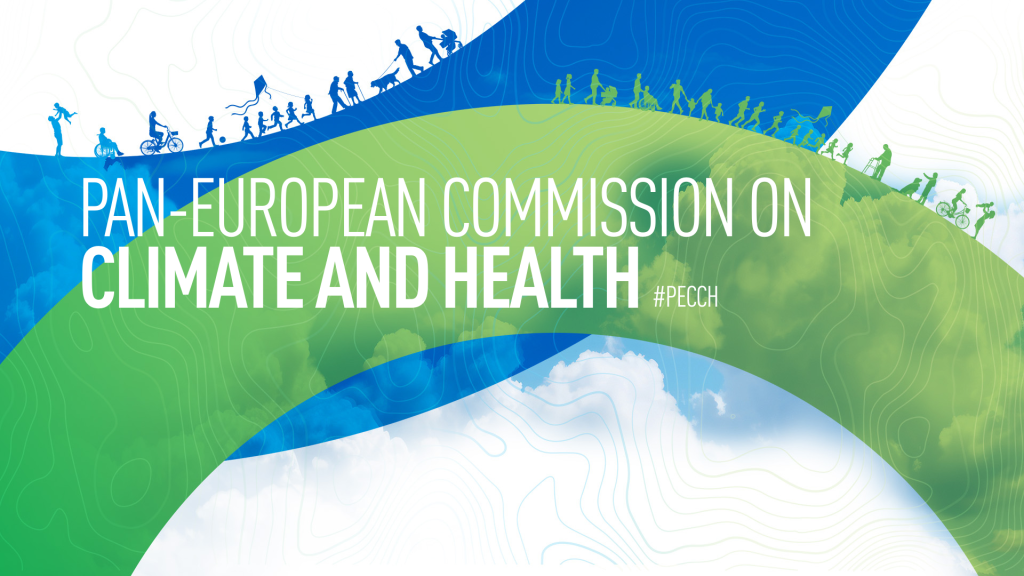Local Health and Global Profits
LHGP Newsletter - SIGN UP
Protecting people, places and equity
One of the influences on health that remains poorly understood at local level is the commercial sector, despite growing evidence of its major impacts on health and equity. While local businesses create jobs and contribute to the economy and health in positive ways, certain commercial actors have a disproportionate impact on population health.
Approximately 40% of chronic disease deaths globally are directly linked to just four products manufactured by transnational corporations manufacturing: tobacco, ultra-processed foods, alcohol and fossil fuels.
In parallel, representatives of these sectors frequently oppose interventions that local governments could implement.
Our partners and approach
Local Health and Global Profits brings together researchers at the Universities of Bath, Cambridge, Edinburgh, Sheffield and the London School of Hygiene and Tropical Medicine.
They are working with local governments, local populations and public health practitioners, including the Association of Directors of Public Health and civil society groups.
Together, they aim to understand the building blocks, including the commercial factors, that impact on communities’ health.
Taking a systems approach, it will use that knowledge to identify, implement and evaluate the population-level interventions most likely to improve health, wellbeing and equity at scale. It will also work specifically to explore and address the barriers to implementing interventions.
Aims and objectives
The overall aim of the programme is to take an integrated systems approach, in order to
identify potential actions (diverse forms of interventions) to address the upstream determinants of health and the facilitators and barriers to implementing these actions
develop and implement resources and support systems, to better enable local authorities to implement these actions
take a comprehensive approach to assessing the health and economic impacts of these interventions and disseminate the selected interventions and supporting tools.
Key people
Director: Professor Anna Gilmore, University of Bath

Anna Gilmore is Professor of Public Health, Director of the Tobacco Control Research Group and Co-Director Centre for 21st Century Public Health at the University of Bath. She is a public health physician, with an MSc (dist) and PhD in Public Health from LSHTM, is a Fellow of the Faculty of Public Health & holds an honorary clinic contract with Office of Health Improvement and Disparities. She is a global leader in research on the commercial determinants of health, particularly in relation to the tobacco industry.
Deputy Director: Professor Eleonora Fichera, University of Bath

Eleonora is Professor of Applied Economics. She joined the Department of Economics in March 2017 as Senior Lecturer. She was Acting Head of the Economics Department in 2022-2023, Deputy Head of Department between 2019-2022 and became Reader in 2019. Since January 2022 she is co-Editor of Health Economics, including its Letters section. Previously, she was working at the Manchester Centre for Health Economics, University of Manchester where she held an MRC Early Career Fellowship in Economics of Health (2013-2016). Eleonora's research interests are in the economics of health and applied micro-econometrics.
Deputy Director: Dr Nason Maani, University of Edinburgh

Nason's research interests centre on the structural and commercial determinants of health, with a special interest in how they shape public understanding and policy. This includes primary research on the alcohol, sugar sweetened beverage, firearm, social media, and fossil fuel industries, as well as policy research on the relationships between underinvestment, commercial influence and inequity. He also communicates research to wider audiences though various media, including hosting Money Power Health, a podcast on the commercial drivers of ill health.
Meet the team
WP 1: Identifying System Structures and Levers
Prof Harry Rutter, Co-Lead and Co-Investigator, University of Bath
Dr Tania Griffin, Co-Lead and Co-Investigator, University of Bath
Dr Amber Van Den Akker, Research Associate, University of Bath
Dr Georgina Wort, Research Associate, University of Bath
WP 2: Actions - identifying, evaluating and categorising options for LAs to address upstream CDOH
Dr Nason James Maani, Lead and Co-Investigator, University of Edinburgh
Prof Mark Petticrew, Co-Investigator, London School of Hygiene and Tropical Medicine
Dr Kristina Kim, Research Associate, University of Edinburgh
WP 3: Understanding facilitators and barriers to upstream action and developing resources to address barriers
Dr Benjamin Hawkins, Lead and Co-Investigator, University of Cambridge
Prof Fiona Gillison, Co-Investigator, University of Bath
Prof Jean Adams, Co-Investigator, University of Cambridge
Prof Jeff Collin, Co-Investigator, University of Edinburgh
Dr Daniel Jones, Research Associate, University of Bath
Dr Amber Van Den Akker, Research Associate, University of Bath
Dr Nancy Karreman, Research Associate, University of Cambridge
Professor Anna Gilmore, Director and Principal Investigator, University of Bath
WP 4: Develop and implement tools to assess health, economic and inequality impacts of actions
Prof Eleonora Fichera, Lead and Co-Investigator, University of Bath
Dr Alistair Hunt, Co-Investigator, University of Bath
Prof Alan Brennan, Co-Investigator, University of Sheffield
Dr Andrea Serna Castano, Research Associate, University of Bath
Dr Chloe Thomas, Research Fellow, University of Sheffield
Dr Duncan Gillespie, Senior Research Fellow, University of Sheffield
Prof Colin Angus, Professor of Alcohol Studies, University of Sheffield
Dr Penny Breeze, Research Fellow, University of Sheffield
Dr Charlotte Head, Research Associate, University of Sheffield
Dr Esther Chanakira, Research Associate, University of Sheffield
WP 5: Implementation
Anna Brook, Co-Lead and Co-Investigator, University of Bath
Prof Harry Rutter, Co-Lead and Co-Investigator, University of Bath
Lisa Groves, Centre for Thriving Places
Caroline Cerny, Advocacy, Action on Smoking and Health
Professor Anna Gilmore, Director and Principal Investigator, University of Bath
Dr Daniel Jones, Research Associate, University of Bath
Dr Georgina Wort, Research Associate, University of Bath
WP 6: Evaluation
Prof Matt Egan, Lead and Co-Investigator, London School of Hygiene & Tropical Medicine
Prof Mark Petticrew, Co-Investigator, London School of Hygiene and Tropical Medicine
Dr Tania Griffin, Co-Investigator, University of Bath
Dr Elizabeth McGill, Assistant Professor, London School of Hygiene & Tropical Medicine
WP 7: Knowledge exchange (KE) and scale up
Dr Geoff Bates, Lead and Co-Investigator, University of Bath
Prof Nicholas Pearce, Co-Investigator, University of Bath
Laura Wilkins, Knowledge Exchange, Association of Directors of Public Health (ADPH)
PhD research programme
Ciaran Hay, PhD research programme in economics, University of Bath
Dan Hunt, PhD research programme in health, University of Bath
Sarah Trolley, PhD research programme in health, University of Bath
Operational support team
Cheryl Routley, Consortium Manager, University of Bath
Karen Lindsay, Communications Lead, University of Bath
James Locke, Project Administrator, University of Bath
Get in touch
Research, media and participation enquiries
Contact LHGP@bath.ac.uk
Follow and connect
LHGP LinkedIn
LHGP Bluesky
LHGP Newsletter




